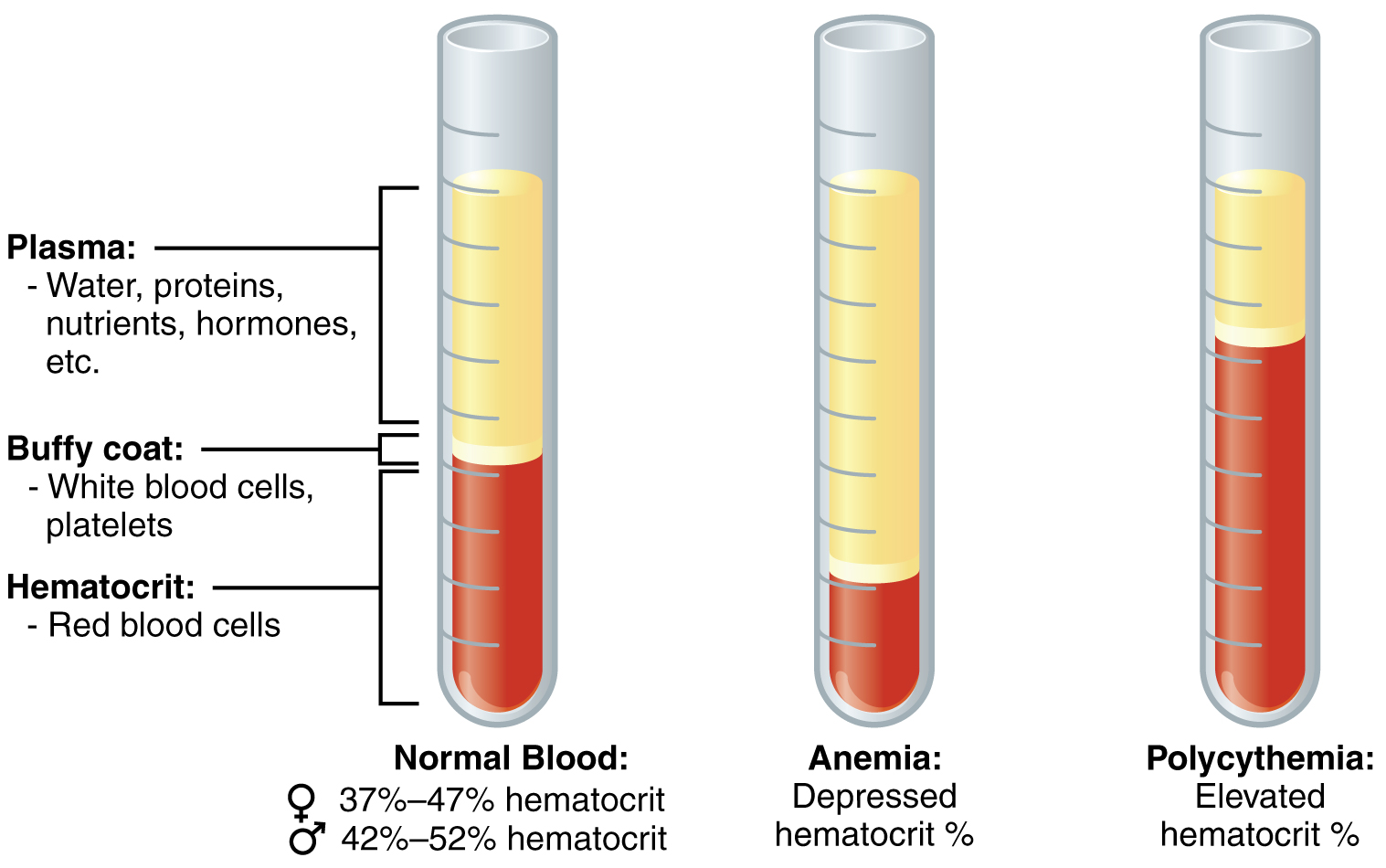

What does a raised inflammatory marker mean? If inflammatory marker tests are done without a clear reason it can sometimes be difficult to know what the results mean. Sometimes doctors use inflammatory markers as a non-specific test to rule out serious disease. If you are already diagnosed with one of these conditions, your doctor may use inflammatory marker tests to monitor response to treatment or to identify when you have a flare up. When a doctor suspects one of these conditions, a raised inflammatory marker can help them to make the diagnosis. Certain types of arthritis such as rheumatoid arthritis.Inflammatory markers can be useful in helping to diagnose or monitor inflammatory conditions. This means they don’t identify what’s causing the inflammation: it might be as simple as a mild infection, or as serious as cancer. Inflammatory marker tests are all non-specific tests. CRP is not affected by as many other factors as PV or ESR. Generally, PV and ESR do not change as rapidly as CRP. Increased levels of protein cause red blood cells to fall more rapidly, increasing the ESR. During inflammation this thickness (or viscosity) increases because lots of different protein levels rise in the blood.Įrythrocyte sedimentation rate also gives doctors an indication of the amount of protein in the blood, by measuring the fall (sedimentation) of erythrocytes (red blood cells) in a tube of blood. This is done by calculating the force needed to send plasma (the liquid part of blood) down a thin tube in a given time. Plasma viscosity is another test which measures the thickness (or ‘viscosity’) of blood. CRP is released quickly at the start of infections or inflammatory conditions. One of these proteins is call C-reactive protein (CRP). The body produces proteins as part of the normal response to infection or inflammation. What do inflammatory markers measure?ĬRP, PV and ESR each measure inflammation in the blood in slightly different ways. The three most commonly used inflammatory markers are called C-reactive protein (CRP), erythrocyte sedimentation rate (ESR) and plasma viscosity (PV). This can include infections, auto-immune conditions and cancers. Inflammatory markers are blood tests used by doctors to detect inflammation in the body, caused by many diseases. In this blog she answers commonly asked questions about these blood tests. Jessica Watson is a GP who has done a PhD on inflammatory marker blood tests.


 0 kommentar(er)
0 kommentar(er)
